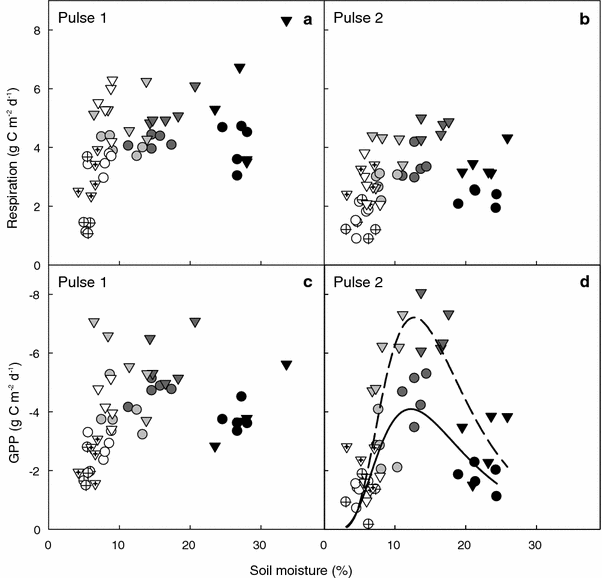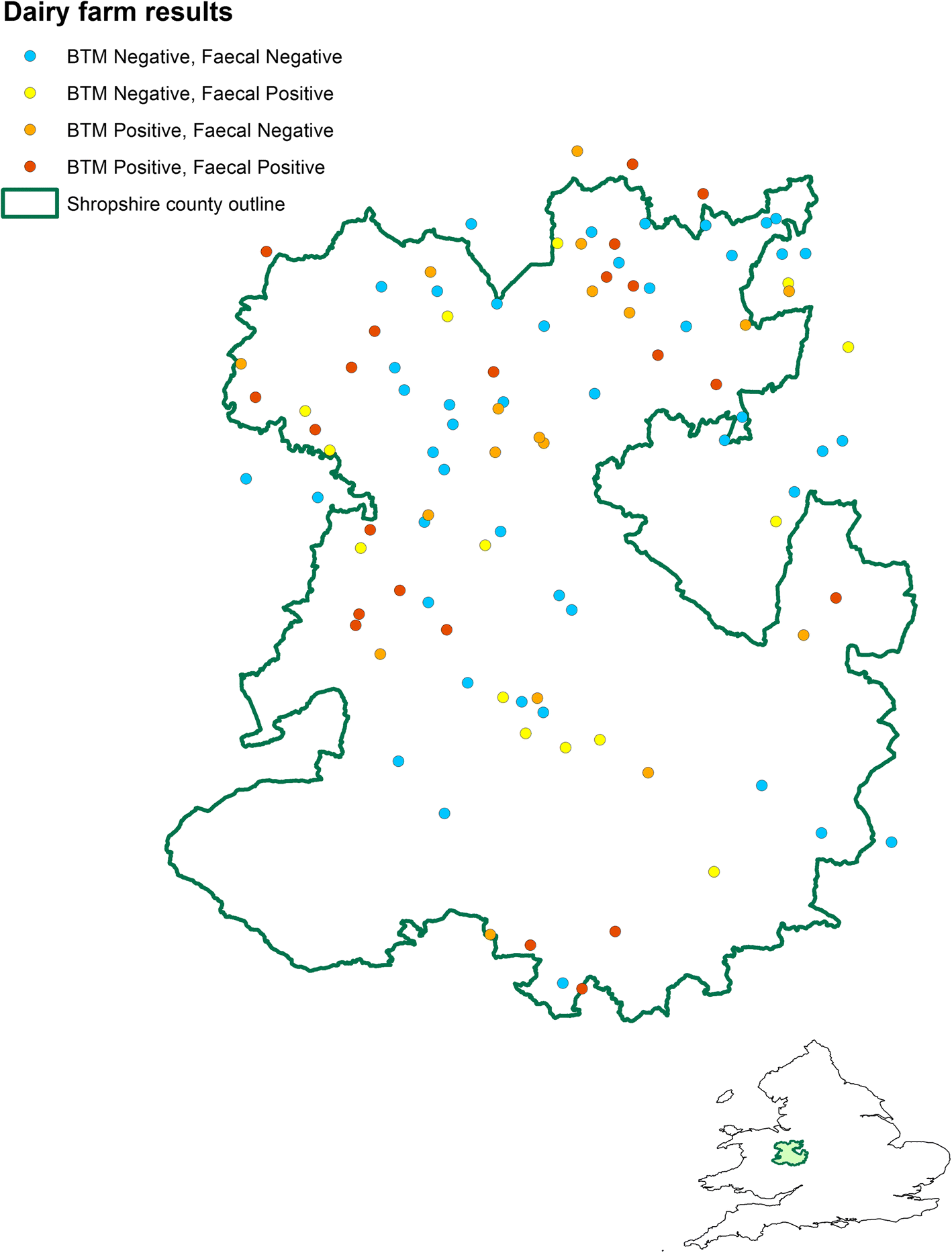Biology 1511 Lab Manual

We offer several introductory courses: BIOL BC1001, BC1002, and the BC1500-series. BIOL BC1001 Revolutionary Concepts in Biology (Spring) This course introduces basic concepts of molecular and cell biology, genetics, and evolution.
It is a foundational course intended for less experienced biologists and/or non-science majors. This course is a good first course for students with little background in Biology, but intend to major in Biology and/or pursue a pre-health career. This is also a good first course for non-science majors wishing to fulfill the Lab Science GER. This course introduces basic concepts of cell biology, anatomy and physiology, genetics, evolution, and ecology. Students who take the 1001 (Fall course), can take either 1502/03 or 1002 in the Spring, depending on their goals (see below). Incoming freshmen (Fall 2016) who have received AP credit and are neither pre-health nor intending a science major may take BC1002 in the Spring as a one-semester Biology course with a laboratory. BIOL BC1002 Global Health and Ecology (Fall) Fulfills Thinking through Global Inquiry.
This is an introductory biology course designed for non-science majors. This course does not fulfill biology major requirements or premedical requirements. It is a foundational course intended for less experienced biologists and/or non-science majors fulfilling a general education requirement or intending to major in biology or pursue a pre-health career.
BIO1121, 1121 Principles of Biology II, Lab (1) Corequisite: BIO 1123, A laboratory course. (1) Prerequisite: BIO 1511 or BIO 1514 with a grade of 'C' or better. The course will cover the basic concepts of biology. These include: the cellular basis of life, metabolic processes, genetics, diversity, evolution and ecology, with human applications. This is a laboratory course intended for non-science majors.
BC1001 and BC1002 taken together fulfill a Nine Ways of Knowing general education lab science requirement. BIOL BC1001 or AP/IB credit are prerequisites for BC1002. Students fulfilling a Foundations requirement, may take BC1002 as a one-semester course, with no prerequisites. What disease is the number one killer worldwide? What will be the next pandemic?

Fundamentals of human physiology and microbiology are explored in the context of major global health issues. Principles of ecology are outlined, with an emphasis on the bidirectional impact of the interactions of humans with global environment. Lab exercises introduce biological techniques for studying these topics.
Lab is required. Enrollment is limited to 16 students per section.
The BIOL BC1500 series: BIOL BC1500/01 Introduction to Organismal and Evolutionary Biology Lecture & Lab (Fall) BIOL BC1502/03 Introduction to Cell and Molecular Biology Lecture & Lab (Spring) These courses are targeted at prospective biology majors and pre-health students, although non-majors are certainly welcome. This course is most appropriate for students with more than one biology course in high school, AP/IB Biology, or a strong interest in the field. Although most students begin the BC1500-series in the Fall semester, it is perfectly acceptable to begin in the Spring semester. The Fall semester lecture (BC1500) and lab (BC1501, co-requisite lab recitation BC1511) courses focus on evolutionary and organismal biology. The Spring semester lecture (BC1502) and lab (BC1503, co-requisite lab recitation BC1512) courses focus on cell and molecular biology. BIOL BC1599: Biology Journal Club This is a one point seminar course that serves as an enhancement to the Introductory Biology curriculum for first-year students who scored a 4 or 5 on the AP Biology exam (or equivalent preparation) and are currently enrolled in the BIOL BC1500-level courses.
The class meets once-a-week for one hour and is graded on a Pass-Fail basis. Which course should you take? Little Experience in Biology Strong background in Biology Goal: Science major or pre-health career Start by taking 1001 in the Fall. Then, take 1502/03 in the Spring, and 1500/01 the following Fall Take 1500/01 in the Fall, and 1502/03 in the Spring Goal: Fulfill lab science GER.
Take 1001 in the Fall, and 1002 in the Spring Your choice: a) Take 1001 in the Fall, and 1002 in the Spring -OR- b) Take 1500/01 in the Fall and 1502/03 in the Spring. If your goal is to fulfill the Lab Science GER and you received AP Biology scores of 4-5, or IB Biology scores of 5-7, then you do not need to take the 1001 (Fall) course. You simply have to take one additional Barnard Biology course. It could be BIOL BC1500/01 (Fall), BIOL BC1502/03 (Spring), or BIOL BC1002(Spring).

Ap Biology Lab Manual
Here is a free online statistics reference: Here is the companion website that explains how to do the examples using R: I hacked some of the examples from this website for the R instructions in this guide. An excellent text for learning stats and for reference is Whitlock, M.C. The Analysis of Biological Data. Roberts and Company Publishers, Greenwood Village, Colorado. (Second edition). The website associated with the book: also includes R scripts for the examples in the book. The library has some resources on using R for non-biology applications, including graphing.